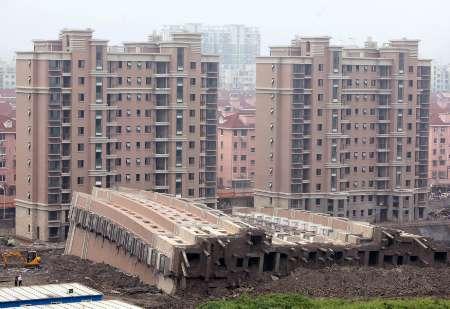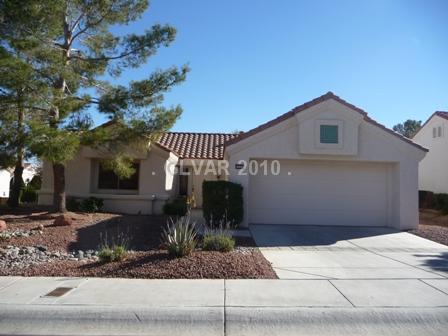Let’s look at our house from the previous post, but run the numbers as if we’d rented the house out instead of living in it for the last 7 years.
Income:
2003 –$12,000 ($1,000/month)
2004 –$12,300 ($1,025)
2005 –$12,600 ($1,050)
2006 –$12,900 ($1,075)
2007 –$13,200 ($1,100)
2008 –$13,200
2009 –$13,200
Total $89,400
Expenses (mortgage, taxes, insurance, management, repairs & 5% contingency):
$100,726
Loss:
$11,326
In a housing bear market, most owners fear paying out of pocket and won’t even consider renting out their properties. Those owners don’t know that the IRS lets you depreciate a rental property, giving you a tax credit. Take two identical houses, one new and the other a few years old. To calculate the IRS book value of the latter, you depreciate a certain amount (1/29 of its value for every year) from its cost price and claim that as an expense, thus reducing the income you pay taxes on.
In our example, we’ve reduced the effective worth of the house (its basis) by $41,820. We’ll have to pay taxes on this amount when the property sells. (But not necessarily – more on that next week.)
The depreciation expense turns our $11,326 loss into a non-taxable $30,494 gain.
If you’re a realtor, you can subtract the expenses you incur on your real estate investments (including depreciation) from your ordinary (wage) income, thus reducing your tax bill. A real estate license costs about $2000 to secure and requires maybe 90 hours of studying over 6 weeks, making it an investment in sheltering your income from taxes. Just getting the piece of paper that designates you as a realtor can save you money on your own transactions. It doesn’t mean you have to spend your Saturdays driving around the neighborhood showing houses to people and pretending to laugh at their jokes.
If you’re not a realtor, which you probably aren’t, you can still use $3,000 of your losses to offset income and reduce your taxes. The excess loss gets carried over to offset future real estate profits. What does that mean? Say you sell a property the following year, and are thus on the hook for capital gains taxes. You can deduct all your prior losses from your capital gains, thereby reducing next year’s tax bill. Or if you own another property that makes money this year: again, you can apply the losses from other real estate investments to offset its taxable income.
So from our example, you’d earn $3,000-$30,494 in tax-free income. If you’re in the 28% bracket, you’ll save $840-$8,538 in taxes.
In our case, we add the $8,538 to our equity of $19,210 (from the previous post), and subtract our $11,326 loss for an after-tax profit of $16,422, or $2,346 annually. That’s an annual 35.5% rate of return on our initial investment of $6,615 (down payment plus refinance costs.)
(No real estate license? Add your $840 tax savings to the $19,210 in equity, and subtract the $11,326 loss for an after-tax profit of $8,724. That’s $1,246 per year, or an annual 18.9% rate of return.)
If you buy at the right price in the right location and hold the property long term, you will make money in real estate.
Obligatory disclaimer, in case you’re one of those people who thinks our society just isn’t litigious enough: The author is not an attorney nor a tax accountant. Talk to your tax and/or legal advisor before making any investment decisions.




